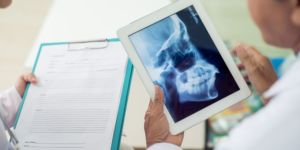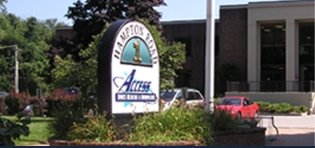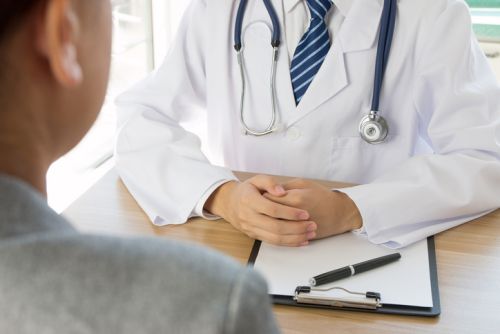A concussion is a disturbance in brain function that occurs following either a blow to the head, or because of the violent shaking of the head. Although most athletes who experience a concussion are likely to recover, a number of these individuals may experience chronic cognitive and neurobehavioral difficulties, especially if they suffer from recurrent injuries.
Our team has the capabilities, resources, and experience to successfully diagnose, treat and rehabilitate adults and children that have experienced a traumatic brain injury.
With one of the most comprehensive sports concussion management programs in New England, we maintain relationships with regional and national experts across multiple disciplines to ensure our protocol is always up-to-date and following national and international standards.
Our concussion specialty areas include:
- ImPACT™ concussion testing
- Pre-season and post-injury
- Vestibular rehabilitation and therapy
- Patient-specific return to work and school plans
- Omega-3 fatty acid supplementation
- Sub-symptom threshold exercise training

Signs & Symptoms of a Concussion
Signs Reported by Athlete
- Headache
- Nausea
- Balance problems or dizziness
- Double or fuzzy vision
- Sensitivity to light or noise
- Feeling sluggish
- Feeling “foggy”
- Change in sleep pattern
- Concentration or memory problems
Signs Observed by Others
- Appears to be dazed or stunned
- Confusion related to school assignments
- Forgets plays
- Is unsure of game, score or opponent
- Moves clumsily
- Answers questions slowly
- Loses consciousness (even temporarily)
- Shows behavior or personality change
- Forgets events prior to hit (retrograde amnesia)
- Forgets events after hit (anterograde amnesia)
Treatment Options
The most important treatment for a concussion is allowing the brain time to heal from the injury. However, concussion treatment is an individual process and will vary depending on the severity of the injury.
Some treatment options may include:
- Rest
- Preventing re-injury
- Limiting exposure to prescriptions, as well as drugs and alcohol
- Taking a break from sports
It’s important to understand that a physician will need to perform a thorough medical evaluation to determine the extent of every brain injury.

